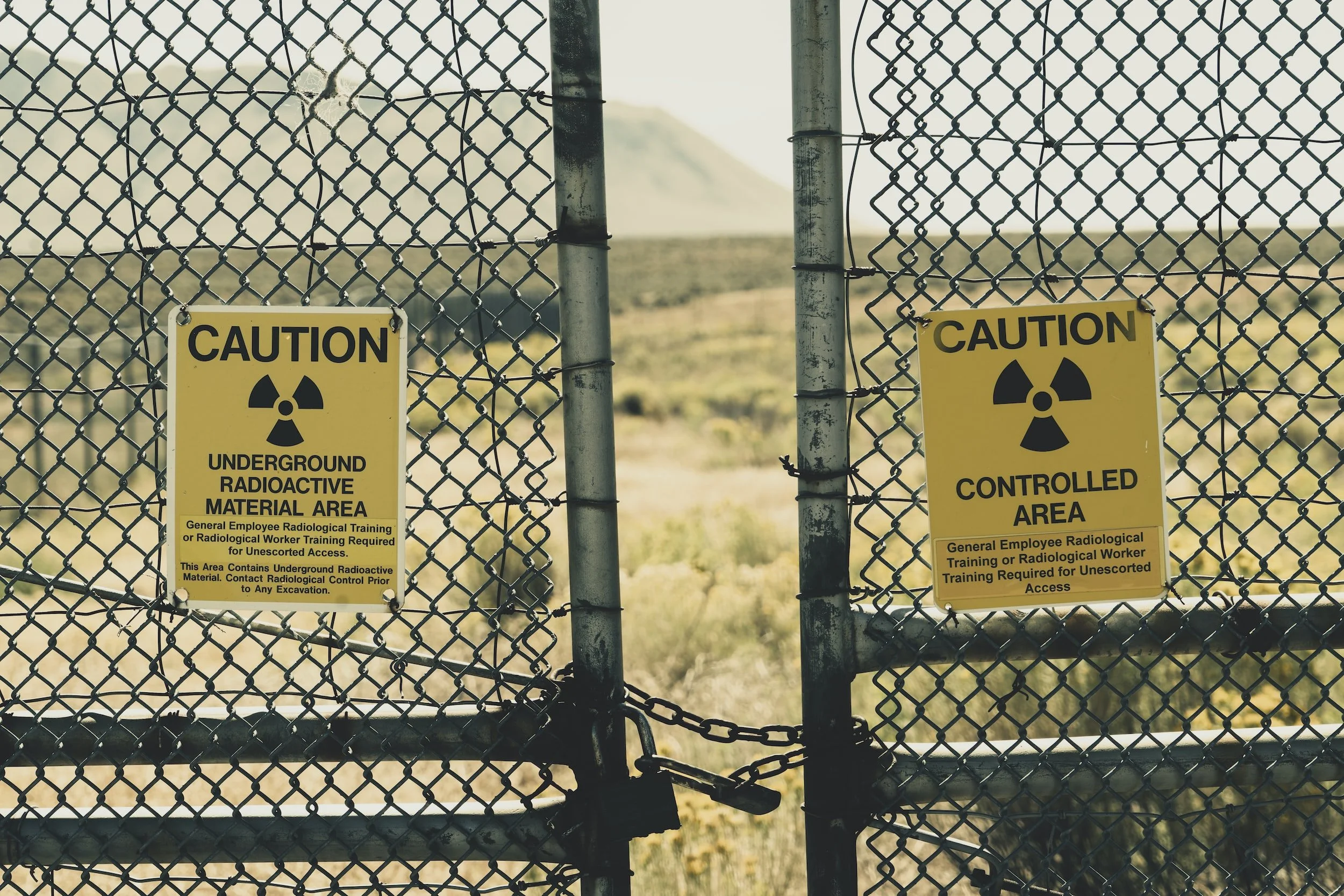Blog By: Joseph White
In his blog, 3L staffer Joseph White summarizes a public trust doctrine dispute that was recently adjudicated in Colorado. He addresses the dispute’s birth and answers how the case should’ve been decided if decided on the merits. Further, he argues that, where appropriate, landowners’ expectations should be considered because the legal ambiguity of Colorado’s public trust doctrine creates an unforeseen problem for landowners.














